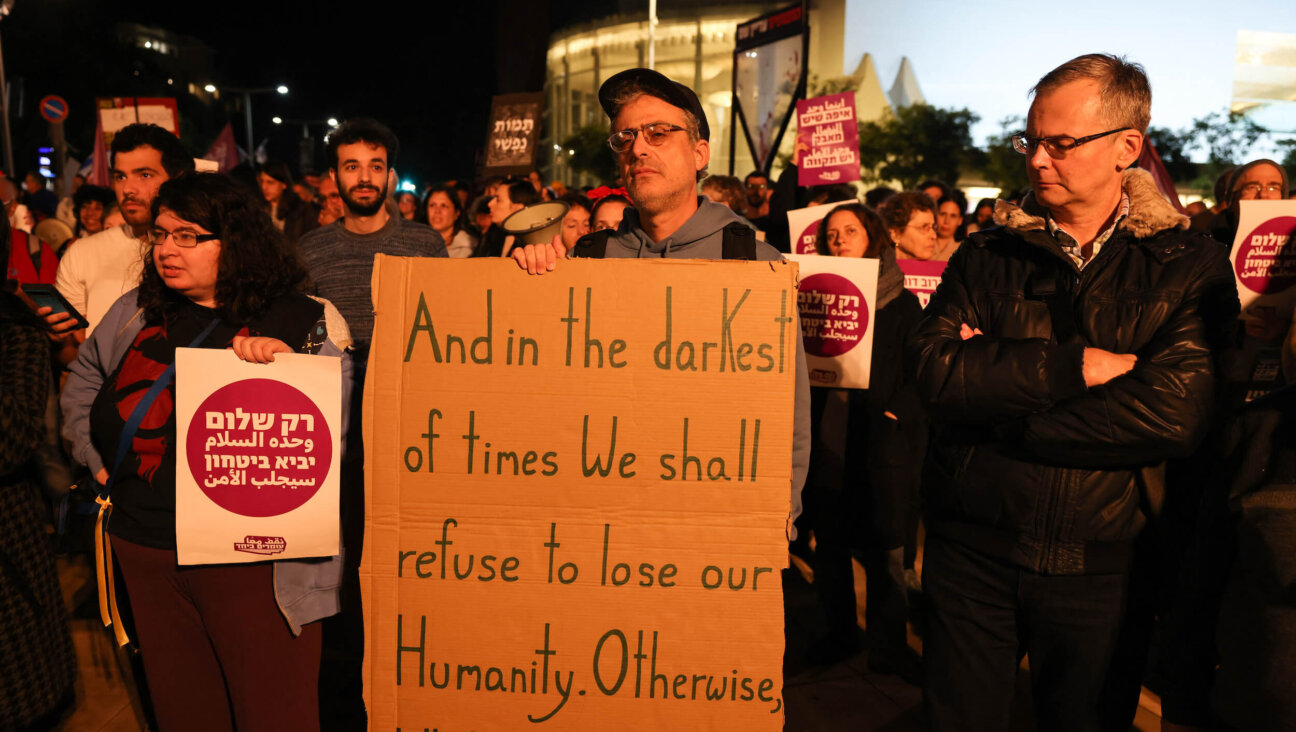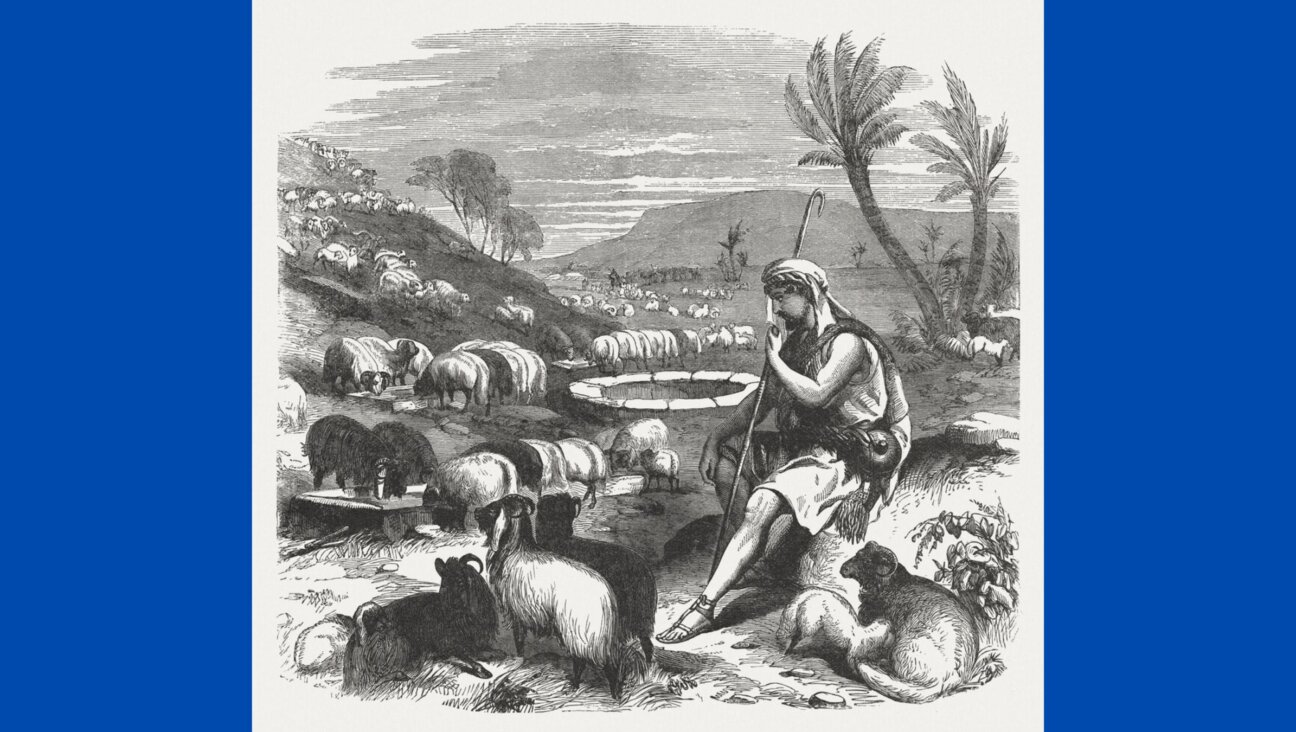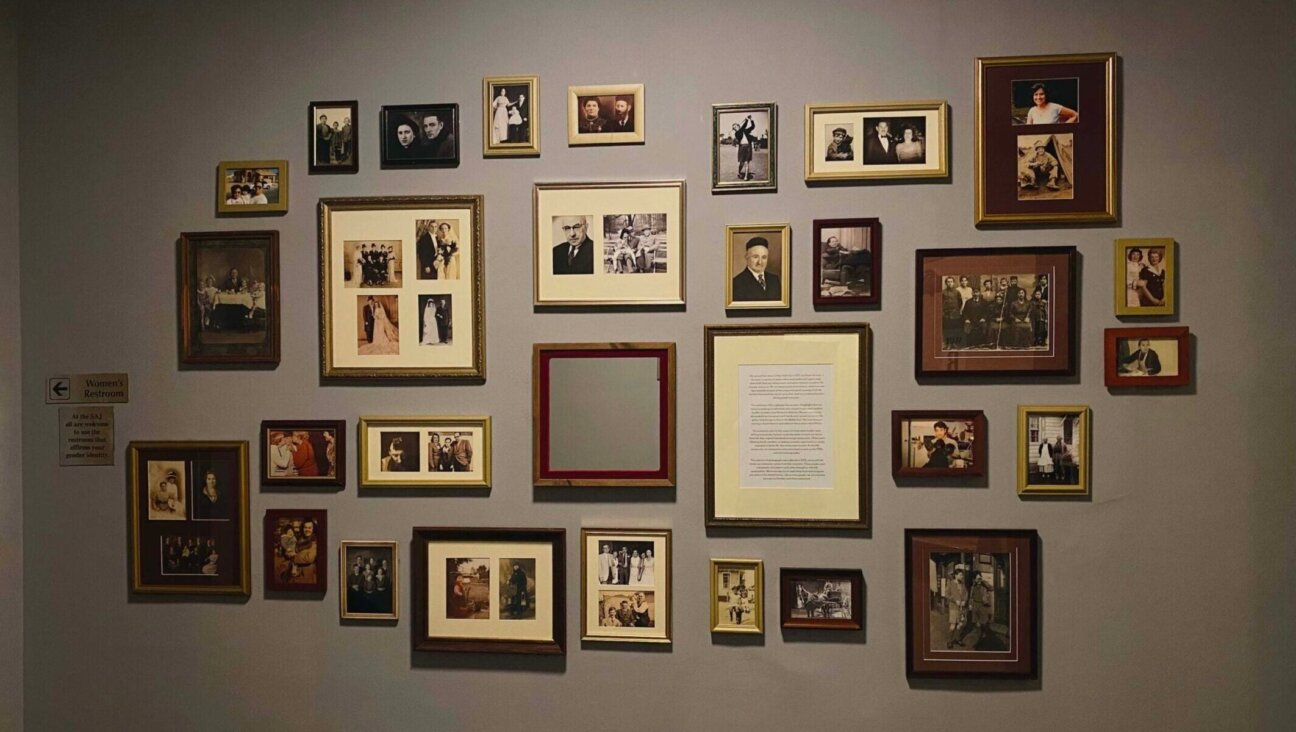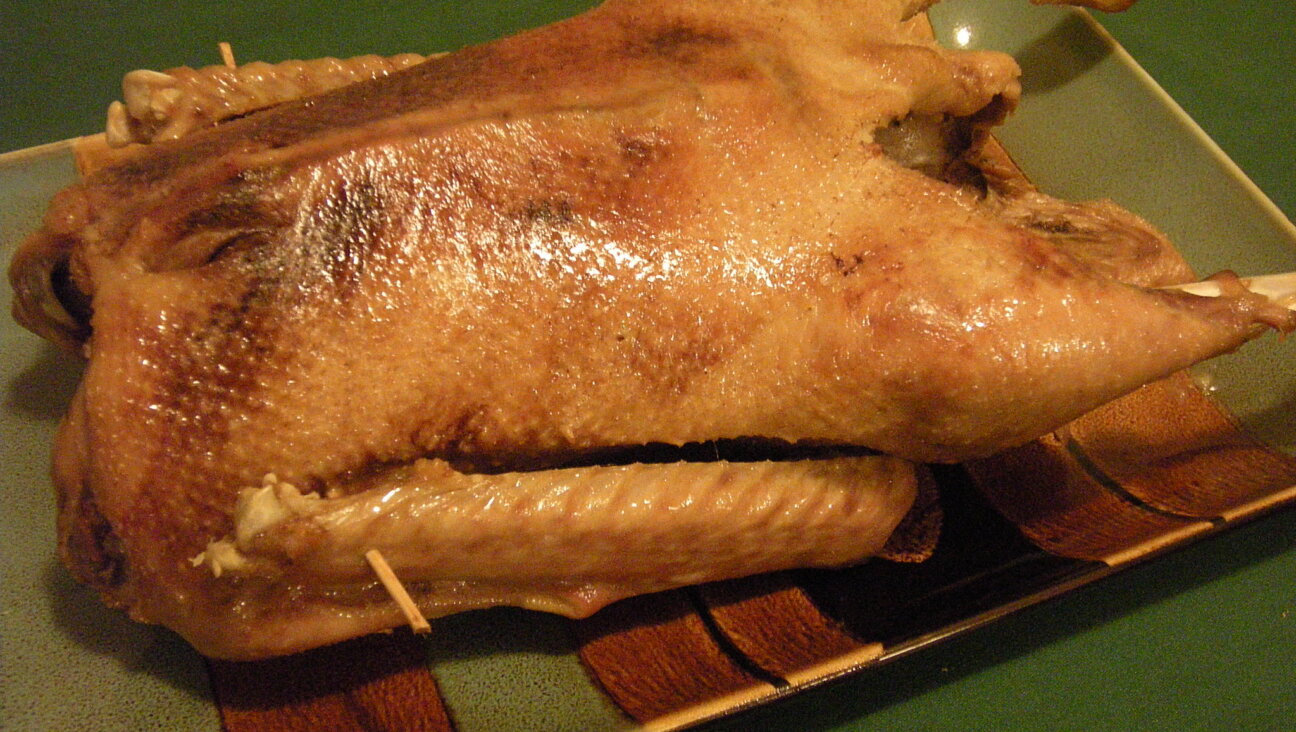What The Holocaust Teaches Us

Graphic by Angelie Zaslavsky
There are more questions than answers. Perhaps there are no good answers anyway, but we must ask the questions to remain human. Elie Wiesel of blessed memory was the teacher of teachers, our modern day prophet who dared ask questions and dared to admit there are no good answers. His answer was to remember — remember the victims, remember the history of the victims and yet, reject despair and continue to hope.
Prof. Avinoam Patt, of the University of Hartford, presented an excellent workshop at the Museum of Jewish Heritage last November. He acknowledged “the enormous challenge of teaching the Holocaust, and the sacred burden of memory.” He focused on literature, diaries, memoirs and fiction to help students develop empathy. The Diary of Chaim Kaplan shared fears, rumors, and the struggle of daily life. In l940, he thought this is the worst it could get — having no idea what was lying ahead in the concentration camps. In the face of life and death, remarkably the ghetto library still celebrated the loan of the 100,000th book. In A Diary in the Vilna Ghetto, Hermann Kruk shared, “Today there was a celebration in the ghetto — the loan of the 100,00th book from the ghetto library…reading books in the ghetto is the biggest treat there is. Books link us to freedom; books connect us to the world.” If you want to understand Jewish values, it is right here— study, intellectual growth, and moral values. Wiesel taught us that having advanced degrees like the Nazi leadership was useless without moral and ethical education.
I remember a class with Prof. Elie Wiesel when he described the sheer joy and privilege of holding a prayer book. It shook me to my core — really? How many times have I held a prayer book, and how many times did I feel it was a privilege? This was the first time I understood the power of prayer — imagine being in a concentration camp and the mere act of owning a prayer book would be met with instant death. Elie Wiesel described the power of holding a prayer book in your hands. The connection to our ancestor’s prayers, our prayers, our connection to G-d and the hope and strength we can get from that connection.
Reading and studying the diaries of the Holocaust can bring us closer to the hearts and souls that were lost. Those brave enough to defy the Nazis and write down the daily atrocities for future generations. Risking one’s life to write something you’re not even sure will survive you. The least we can do is read them and remember. Primo Levi wrote, “ If This Is a Man”…I commend these words to you- carve them in your hearts…” Elie Wiesel wrote in “ Night”, “ … never shall I forget those moments that murdered my G-d and my soul and turned my dreams to ashes. Never shall I forget those things, even were I condemned to live as long as G-d Himself. Never.”

















